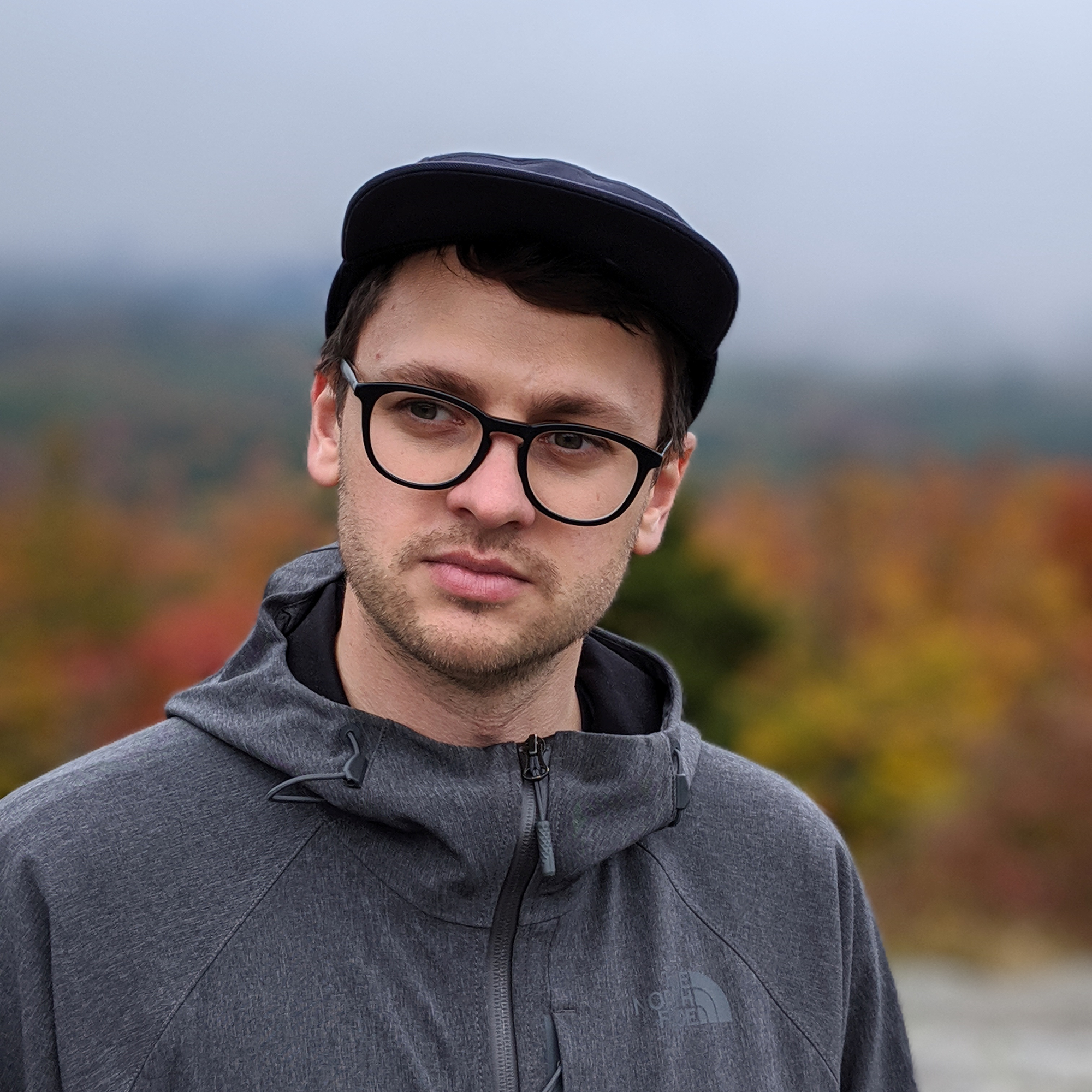Current Lab Members
Principal Investigator
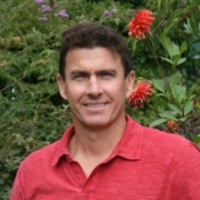 Dr. Joe Henrich
Dr. Joe Henrich
Postdoctoral Fellows
 Dr. Damian Blasi
Dr. Damian Blasi
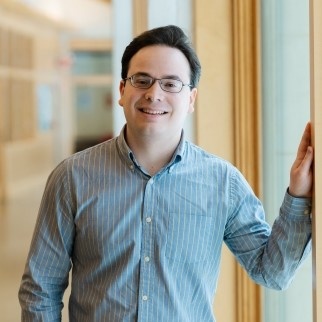 Dr. Joseph Dexter
Dr. Joseph Dexter
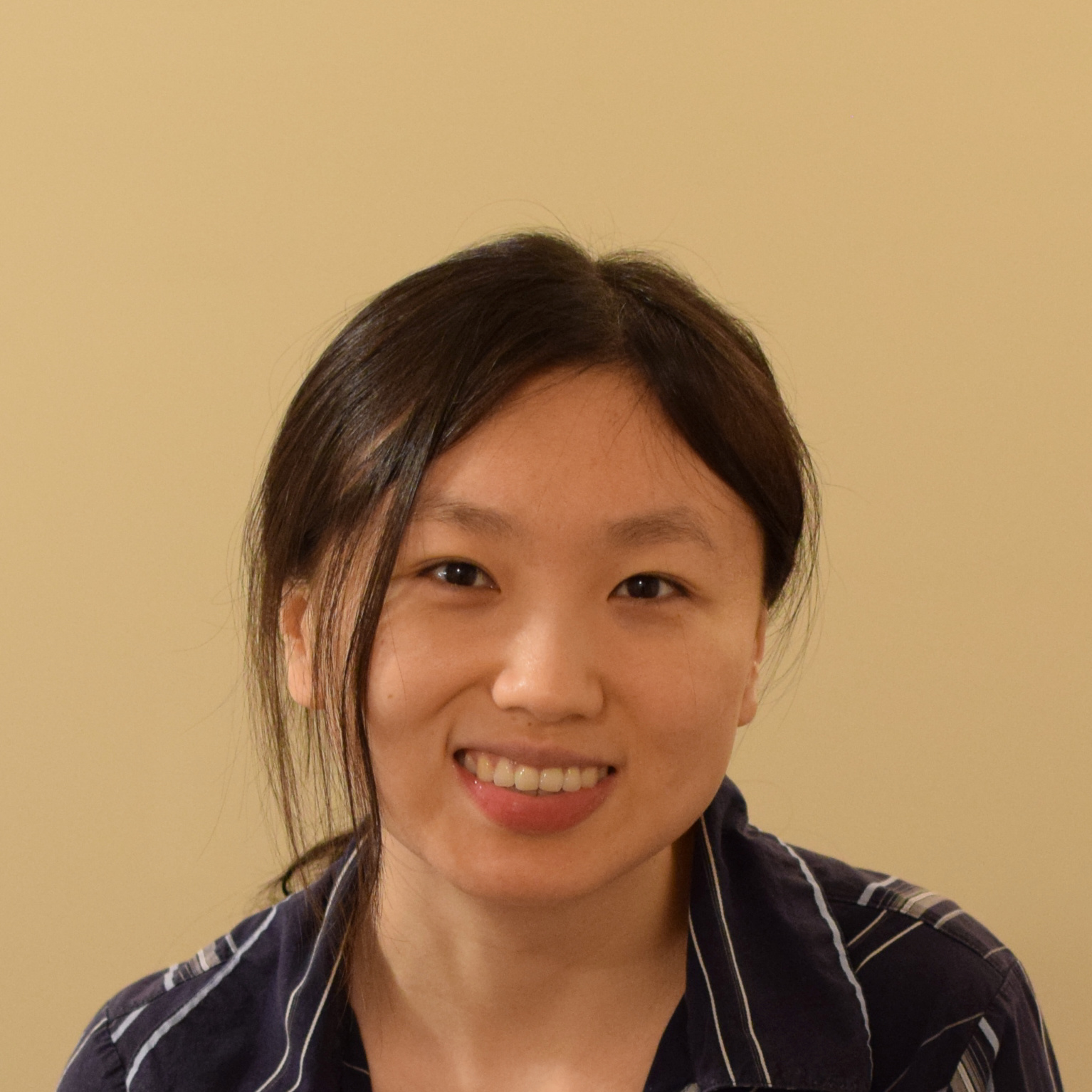 Dr. Liwen Hou
Dr. Liwen Hou
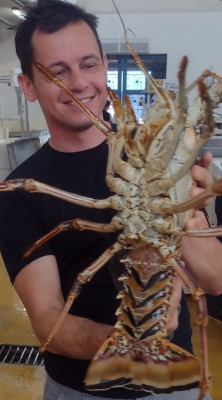 Dr. Maciej Chudek
Dr. Maciej Chudek
Graduate Students
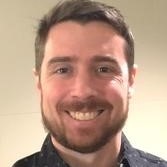 Tommy Flint
Tommy Flint
Broadly I am interested in synthesizing ethnographic and historical accounts to develop insights into human behavior and culture. I’m currently working on a dissertation that investigates the transition from adolescence to adulthood, from evolutionary and cross-cultural perspectives. Guiding questions include: What factors influence the timing at which young people begin their reproductive careers? How do different societies manage the emergent sexuality and reproductive potential of maturing adolescents? How and why does our behavior change when we marry and have children?
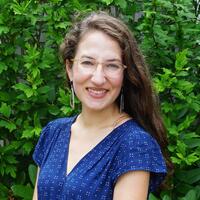
 Tian Chen (TC) Zeng
Tian Chen (TC) Zeng
Affiliates
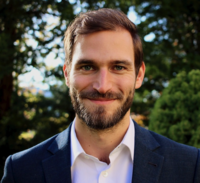 Dr. Max Posch
Dr. Max Posch
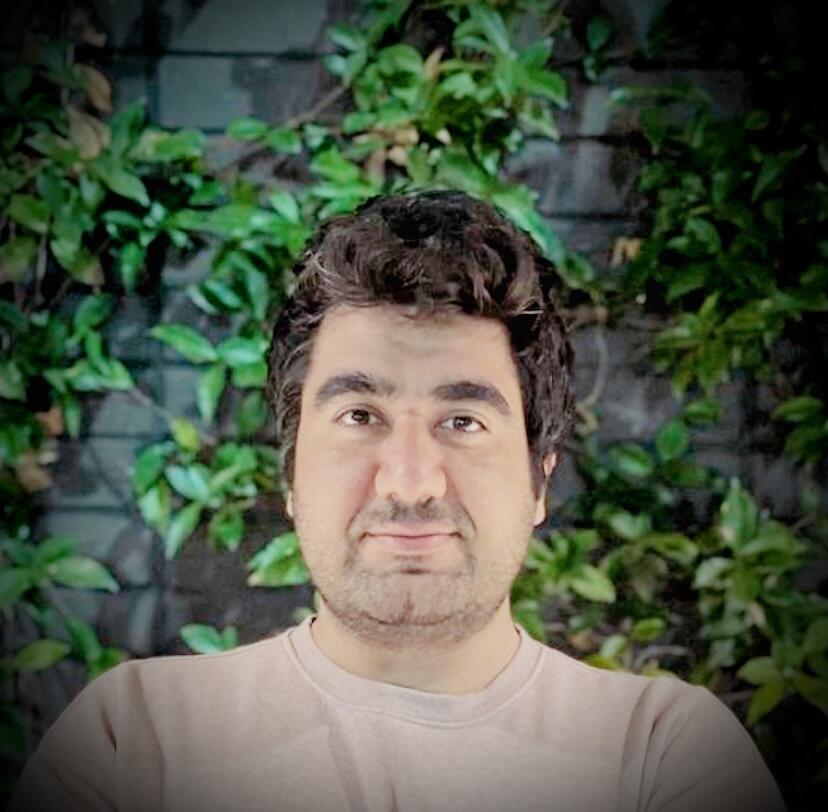 Dr. Mohammad Atari
Dr. Mohammad AtariAssistant Professor, Department of Psychology, UMass Amherst
I am a social psychologist, interested in why and how morality binds people together, but also blinds them into ‘‘us’’ vs. ‘‘them.’’ I am currently examining the psychological and evolutionary processes that underlie cultural change and development of institutions using a collection of methodological approaches, including social psychological experiments, survey-based assessment, computational modeling, and historical text analysis.
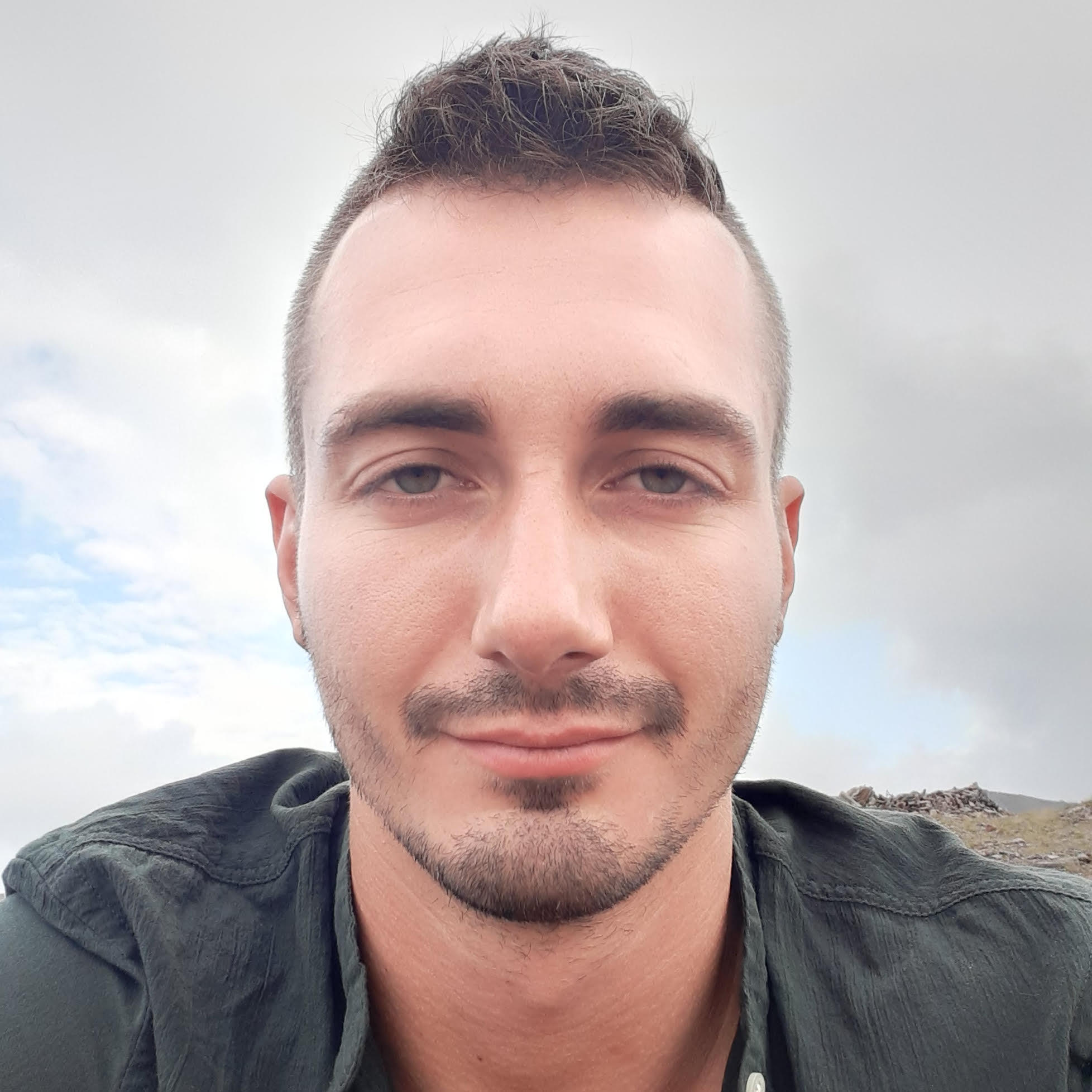 Dr. Ivan Kroupin
Dr. Ivan Kroupin

My research focuses on answering three broad questions: (1) Why are humans so different to other animals? (2) What are the psychological and evolutionary processes that underlie culture and social change, and how is information transmitted, maintained, and modified? (3) How can the answers to these questions be used to tackle some of the challenges we face as a species? I use a two-pronged methodological approach to answer these questions, combining mathematical and computational modeling (evolutionary models, social network models, etc.), and experimental and data science methods from psychology and economics. I use the “Theory of Human Behavior” that emerges from this approach to tackle a variety of related topics, including innovation, corruption, the rise of large-scale cooperation, and the navigation of cross-cultural differences.
I am particularly interested in the application of research in cultural evolution to public policy.
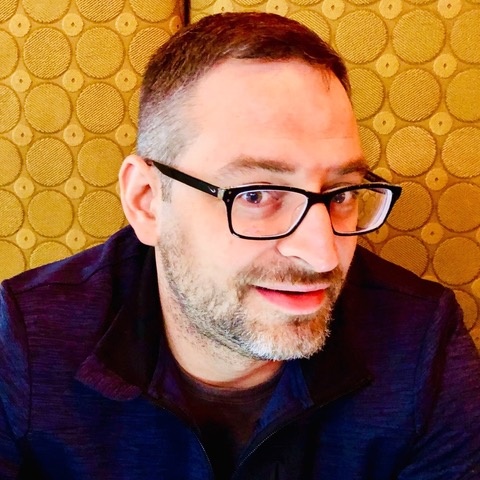 Dr. Patrick J. Burns
Dr. Patrick J. Burns
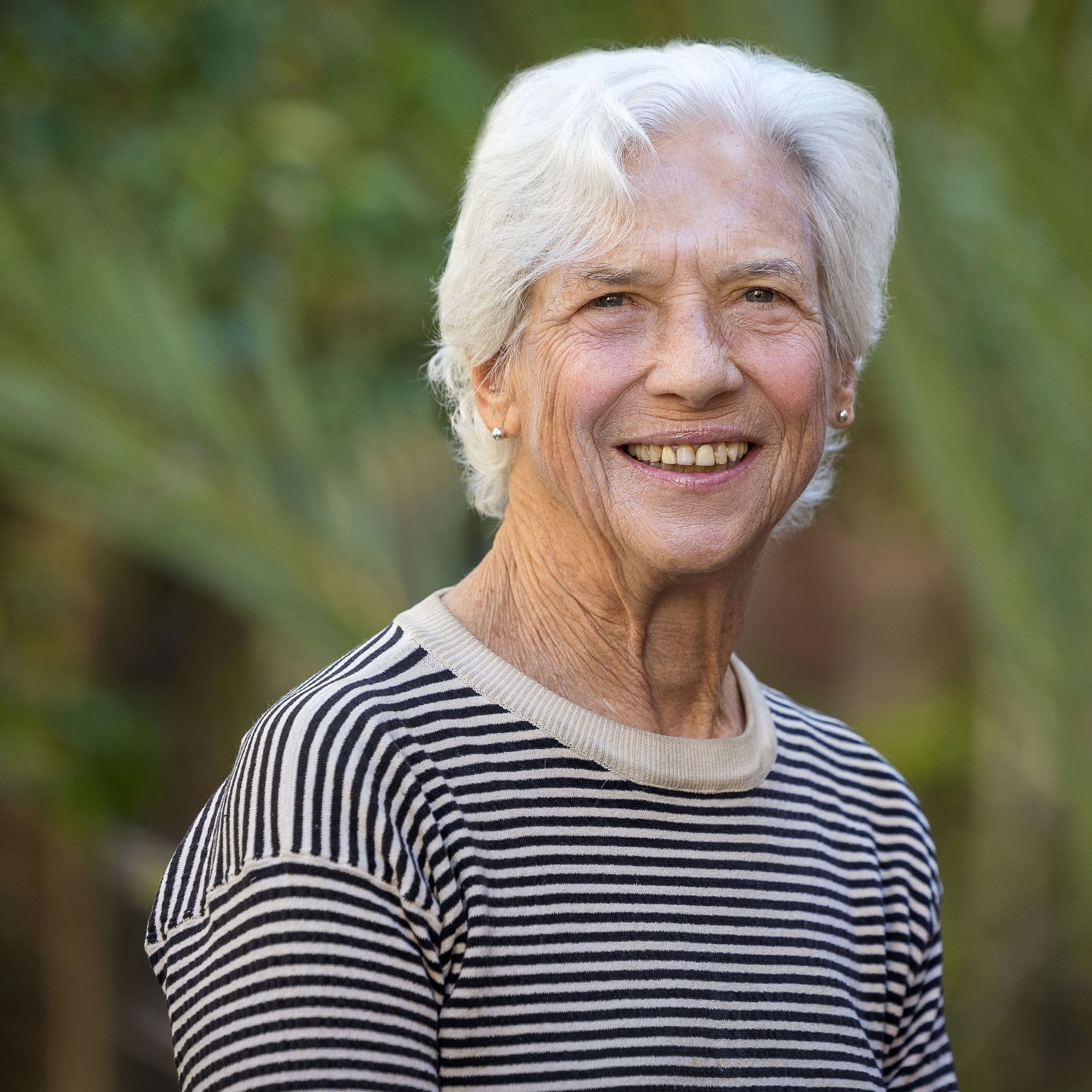 Dr. Patricia Greenfield
Dr. Patricia Greenfield
Lab Manager

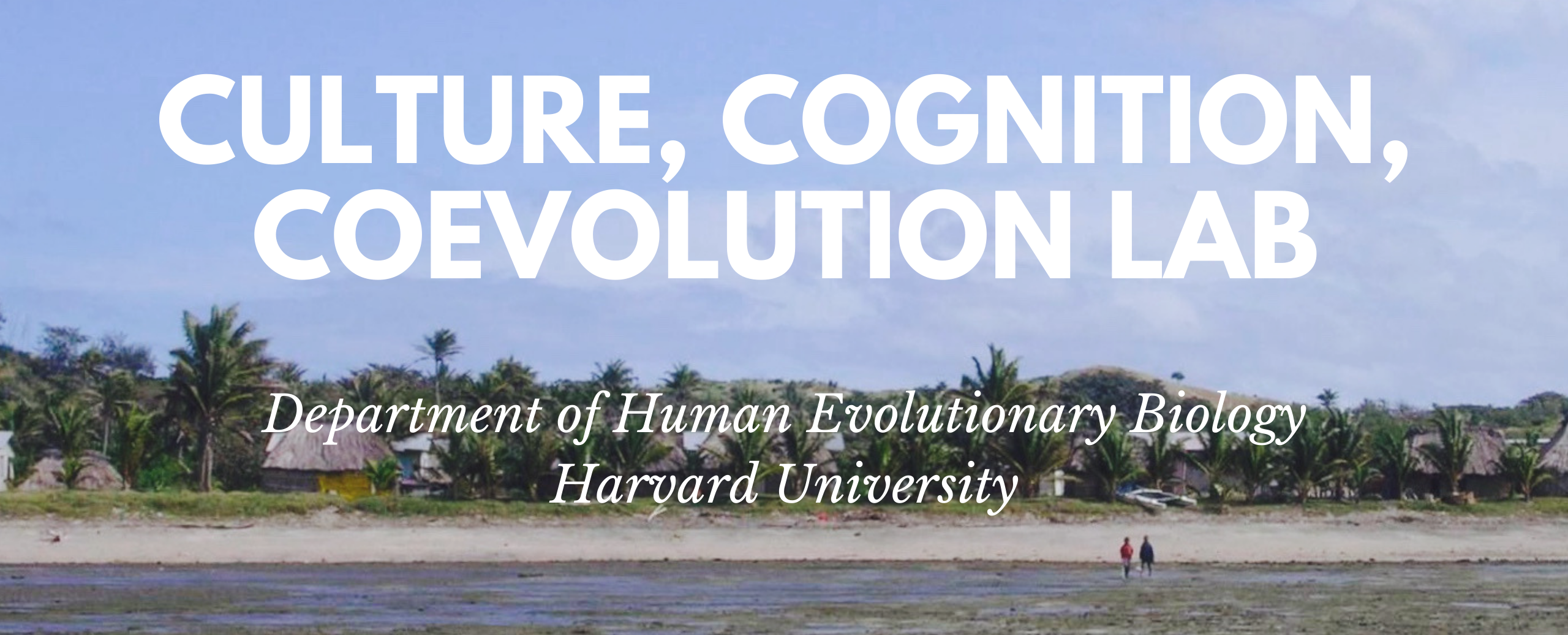
 Dr. Jennifer Devereaux
Dr. Jennifer Devereaux